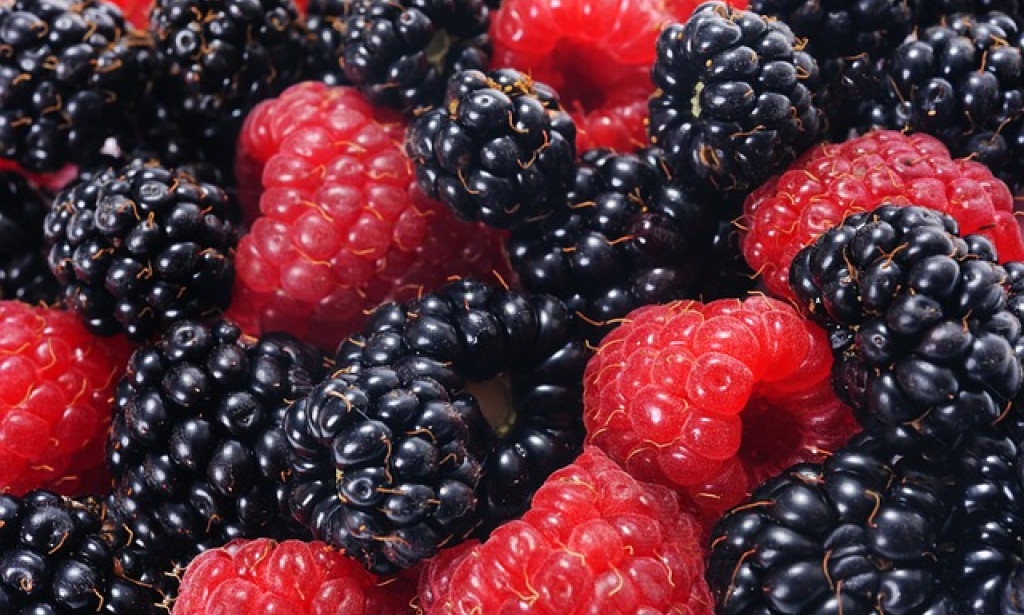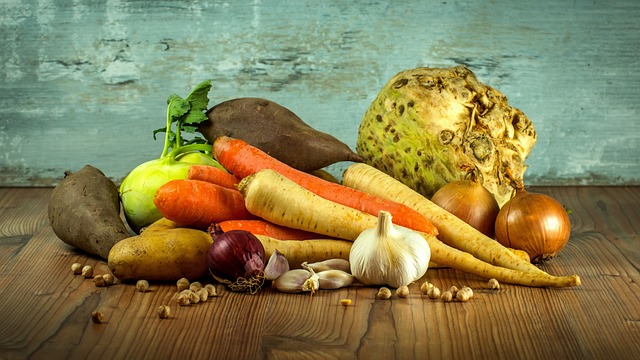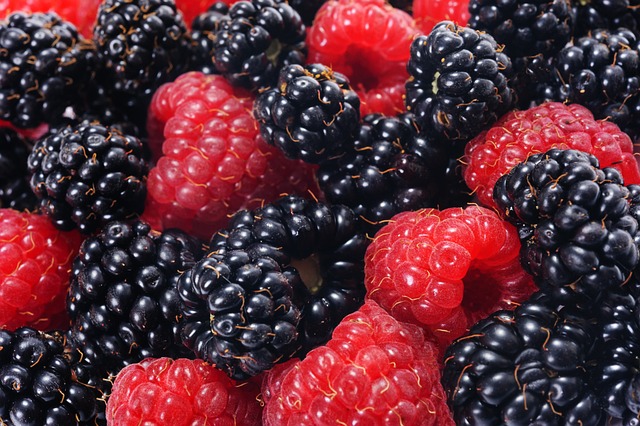From Blood Clotting to Bone Health: The Role of Vitamin K in Nutrition
Vitamin K is a powerful but often overlooked nutrient with essential roles in supporting blood clotting, bone strength, and cardiovascular health. Despite its importance, many people are unaware of how vitamin K functions and where to find it in their diet. This nutrient is divided into two main forms, each with distinct functions: vitamin K1 (phylloquinone), which is primarily found in plant foods, and vitamin K2 (menaquinone), found in animal products and fermented foods. Together, they play vital roles in maintaining the body’s health.
Blood Clotting and Wound Healing.
Vitamin K is best known for its role in blood clotting. It activates specific proteins that enable the blood to clot when necessary, which is crucial for stopping bleeding after injuries. Without sufficient vitamin K, the body cannot produce these clotting factors, which can lead to excessive bleeding or bruising even from minor injuries. Vitamin K’s clotting action is particularly vital for people with bleeding disorders or those taking blood-thinning medications, as it can help regulate and balance blood coagulation. Green leafy vegetables like spinach, kale, and collard greens are excellent sources of vitamin K1 and can support healthy clotting.
Bone Health and Osteoporosis Prevention
Vitamin K is also crucial for maintaining strong bones. It supports the activity of osteocalcin, a protein that helps bind calcium to the bone matrix, which is essential for bone density. By aiding in calcium binding, vitamin K reduces the risk of bone fractures, particularly in older adults who may be more vulnerable to osteoporosis. Research suggests that people who consume adequate amounts of vitamin K, especially K2, have a lower risk of osteoporosis and fractures. Foods rich in vitamin K2, such as cheese, egg yolks, and fermented products like natto, are particularly beneficial for bone health, helping the body utilize calcium more effectively and maintain a strong skeletal structure.
Heart Health and Arterial Protection
Another key role of vitamin K, particularly K2, is in cardiovascular health. Vitamin K2 activates a protein called matrix Gla-protein (MGP), which helps prevent calcium buildup in the arteries. When calcium accumulates in arterial walls, it can lead to stiffness and blockages, raising the risk of heart disease. By activating MGP, vitamin K2 helps keep arteries flexible and clear, promoting healthier blood flow and reducing the risk of cardiovascular issues. Incorporating foods rich in K2, like organ meats, fatty fish, and certain cheeses, can support heart health and reduce the likelihood of arterial calcification.
Sources and Recommended Intake.
To get enough vitamin K, aim to include both K1 and K2 sources in your diet. Vitamin K1 is readily available in leafy greens such as spinach, kale, collard greens, and broccoli, while K2 is found in animal-based foods and fermented items like cheese, natto, and egg yolks. Although vitamin K deficiency is rare, those with digestive disorders or on long-term antibiotic treatments may be at risk and may benefit from monitoring their intake.
Conclusion.
Vitamin K is a vital nutrient that supports key bodily functions, from blood clotting and bone health to cardiovascular protection. Ensuring a balanced intake of both K1 and K2 forms of vitamin K can help you maintain a strong skeletal system, prevent excessive bleeding, and protect against heart disease. Incorporating a variety of vitamin K-rich foods into your diet will support these essential processes and contribute to overall wellness.




You must be logged in to post a comment.